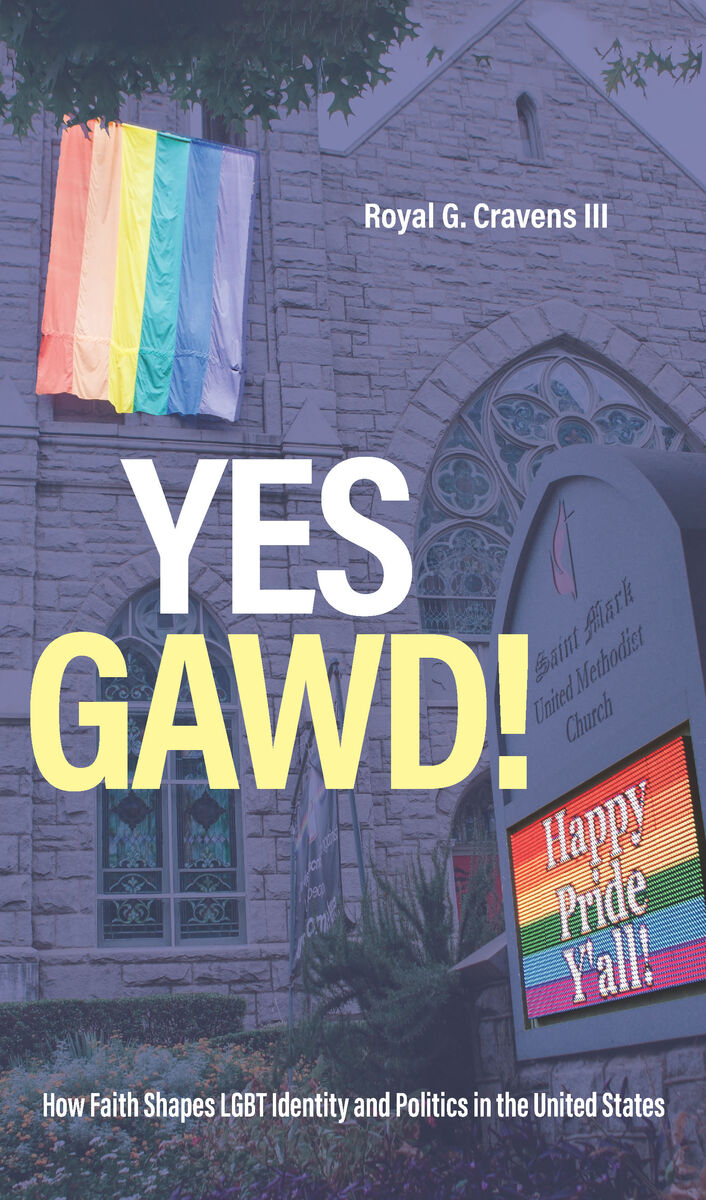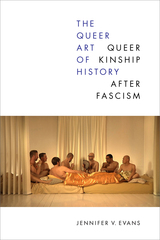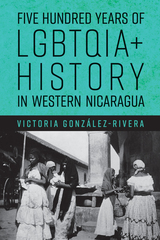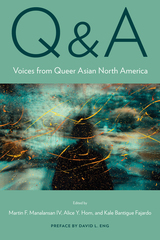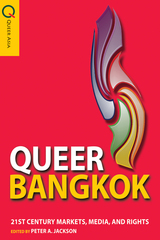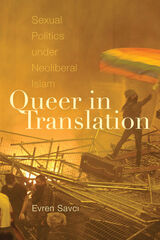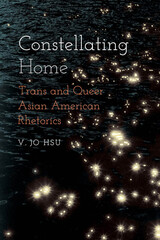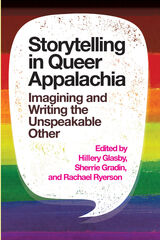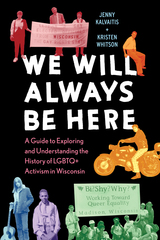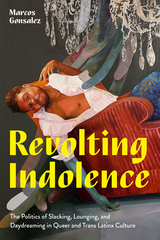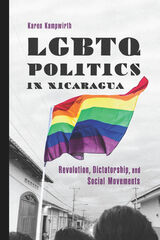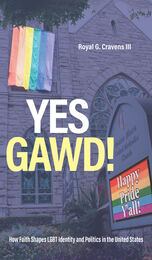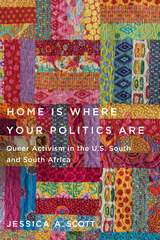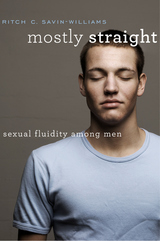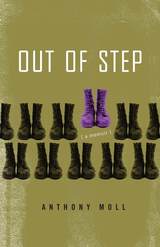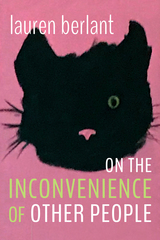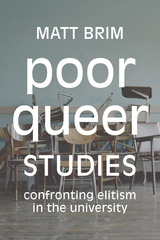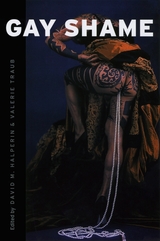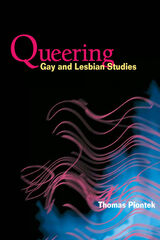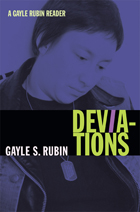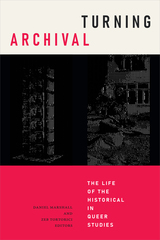Yes Gawd!: How Faith Shapes LGBT Identity and Politics in the United States
Temple University Press, 2024
Cloth: 978-1-4399-2442-6 | Paper: 978-1-4399-2443-3 | eISBN: 978-1-4399-2444-0
Library of Congress Classification HQ73.73.U6
Dewey Decimal Classification 306.760973
Cloth: 978-1-4399-2442-6 | Paper: 978-1-4399-2443-3 | eISBN: 978-1-4399-2444-0
Library of Congress Classification HQ73.73.U6
Dewey Decimal Classification 306.760973
ABOUT THIS BOOK | AUTHOR BIOGRAPHY | REVIEWS | TOC | REQUEST ACCESSIBLE FILE
ABOUT THIS BOOK
Yes Gawd! explores the effects of religious belief and practice on political behavior among the LGBT community, a population long persecuted by religious institutions and generally considered to be non-religious. Royal Cravens deftly shows how faith impacts the politics of LGBT people. He details how the queer community creates, defines, and experiences spirituality and spiritual affirmation as well as the consequences this has for their identity, socialization, and political development.
Cravens also demonstrates the mobilizing power of faith for LGBT people by contrasting the effects of participation in faith and secular communities on political activism. He explores how factors such as coming out, race, and LGBT-affirming churches influence political attitudes and behavior and explains how the development of LGBT politico-religious activism provides opportunities for LGBT people to organize politically.
Ultimately, Cravens provides a cohesive account of how religion acts as a catalyst for and facilitator in the political development of LGBT people in the United States. In the process, he shows that there is room for both religion in LGBT communities and LGBT people in religious communities.
Cravens also demonstrates the mobilizing power of faith for LGBT people by contrasting the effects of participation in faith and secular communities on political activism. He explores how factors such as coming out, race, and LGBT-affirming churches influence political attitudes and behavior and explains how the development of LGBT politico-religious activism provides opportunities for LGBT people to organize politically.
Ultimately, Cravens provides a cohesive account of how religion acts as a catalyst for and facilitator in the political development of LGBT people in the United States. In the process, he shows that there is room for both religion in LGBT communities and LGBT people in religious communities.
See other books on: Gay Studies | Religion and politics | Religion, Politics & State | Religious life | Sexual minorities
See other titles from Temple University Press
